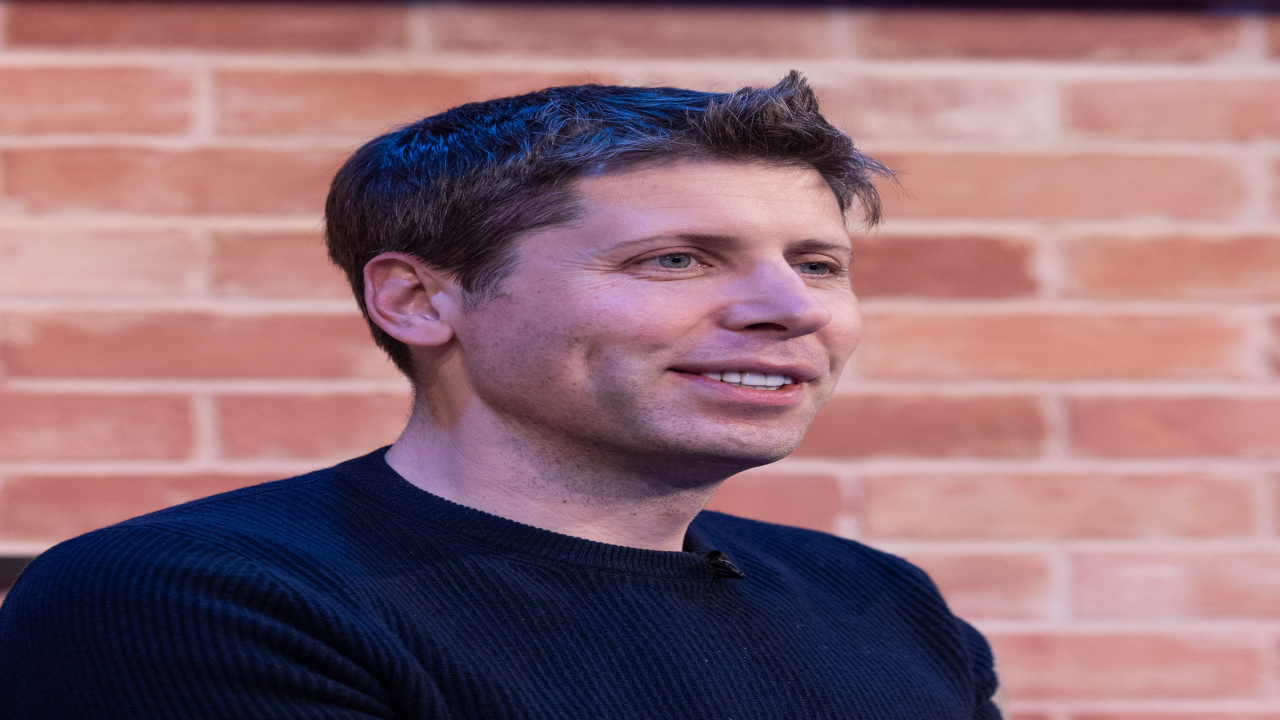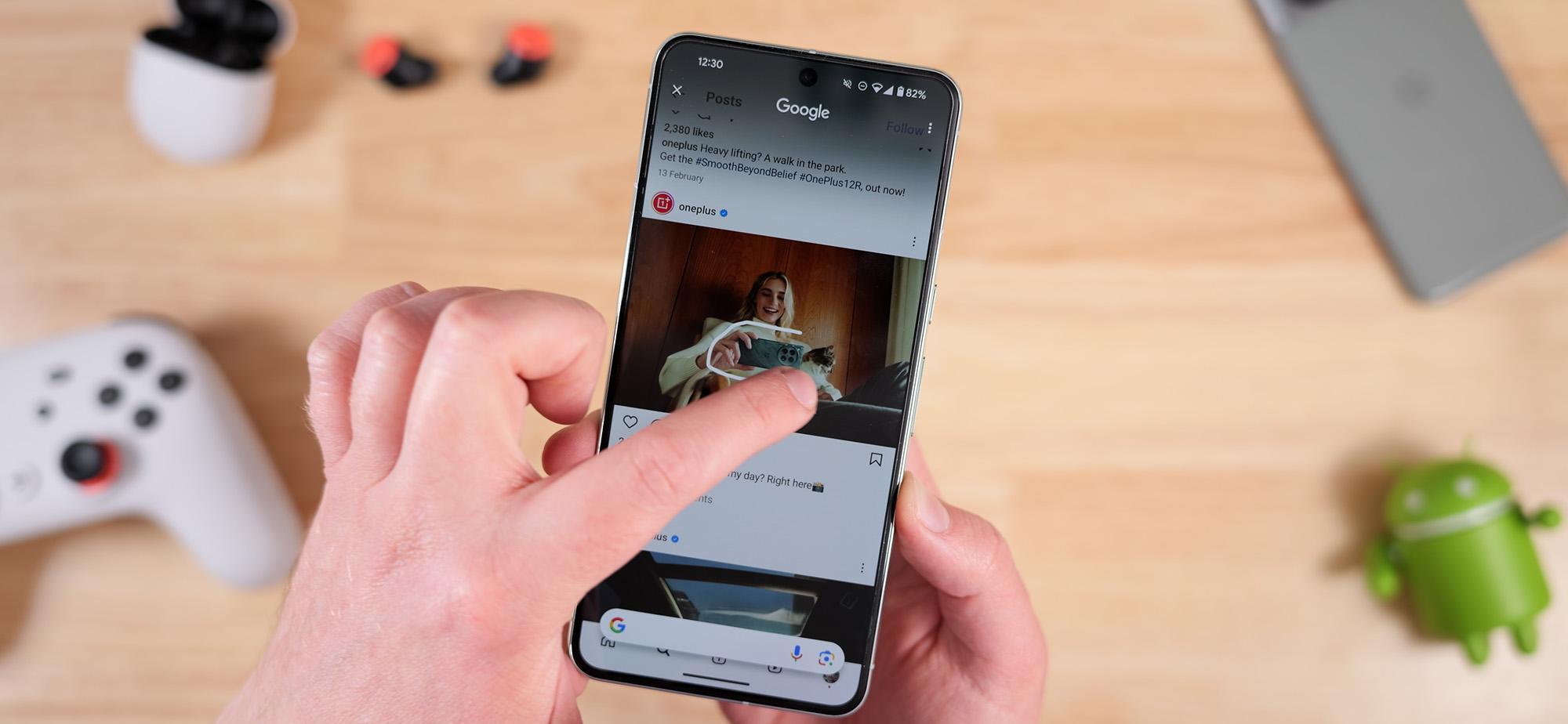Sam Altman Rejoins OpenAI’s Board After Investigation: Key Findings and Implications
Discover the key findings and implications of the investigation into Sam Altman's sudden firing from OpenAI's board. Learn why Altman has been reinstated and the measures being taken to address internal challenges.

An independent investigation conducted by the law firm WilmerHale has concluded that Sam Altman, the CEO of OpenAI, will rejoin the board following an attempted coup and subsequent firing in November. The investigation, commissioned by OpenAI's nonprofit board, found that Altman's conduct "did not mandate removal." This announcement comes as a relief to many who were seeking clarity on the circumstances surrounding Altman's departure.
The investigation involved interviews with board members, employees, and a thorough review of over 30,000 documents. The findings led board chair Bret Taylor to affirm that Altman and co-founder Greg Brockman are the right leaders for OpenAI. This decision signals the board's confidence in Altman's ability to steer the organization effectively.
The newly formed board includes notable additions such as Sue Desmond-Hellmann, former CEO of the Bill and Melinda Gates Foundation; Nicole Seligman, former legal executive at Sony; and Fidji Simo, CEO of Instacart. They join Taylor, Altman, Quora CEO Adam D'Angelo, and Larry Summers in governing OpenAI's parent company.
While the investigation provides some answers, it falls short in providing detailed explanations for Altman's sudden firing. The summary of the investigation uses vague language similar to the previous board's justification, citing a breakdown in the relationship and loss of trust between Altman and the prior board. It is clear that internal management challenges played a significant role in the decision.
During a recent press conference, Altman expressed regret for believing that a former board member was harming OpenAI through their actions, but he refrained from offering further details. Reports suggest that Altman clashed with ex-board member Helen Toner over a critical academic paper she co-authored regarding OpenAI's safety approach. Additionally, concerns were raised about potential conflicts of interest stemming from Altman's other investments.
OpenAI intends to address these concerns by strengthening its conflict of interest policy for employees. The organization also plans to create a whistleblower hotline for employees and contractors, demonstrating a commitment to transparency and accountability.
Altman's reinstatement has brought some questions regarding the employment status of co-founder and chief scientist Ilya Sutskever, who initially sided with the board during the failed coup but later aligned with the majority of OpenAI employees who threatened to quit if Altman did not return. Altman stated that there is currently no announcement regarding Sutskever's status but expressed his admiration for him, hinting at a continued working relationship.
The recent controversy surrounding Altman's firing and subsequent reinstatement has created some tension within OpenAI. Altman addressed attempts to create conflict within the organization, asserting that such efforts have failed. He expressed his satisfaction that the ordeal is finally over, allowing the organization to move forward.
In conclusion, the investigation into Sam Altman's firing from OpenAI's board has determined that his conduct did not warrant removal. Altman's reinstatement, along with the appointment of new board members, signifies a vote of confidence in his leadership. The findings also shed light on the internal challenges that contributed to the initial decision. OpenAI is taking steps to address these challenges by implementing stricter conflict of interest policies and establishing a whistleblower hotline. With Altman's return, the organization can now focus on its mission of advancing artificial intelligence research and development.
What's Your Reaction?





















